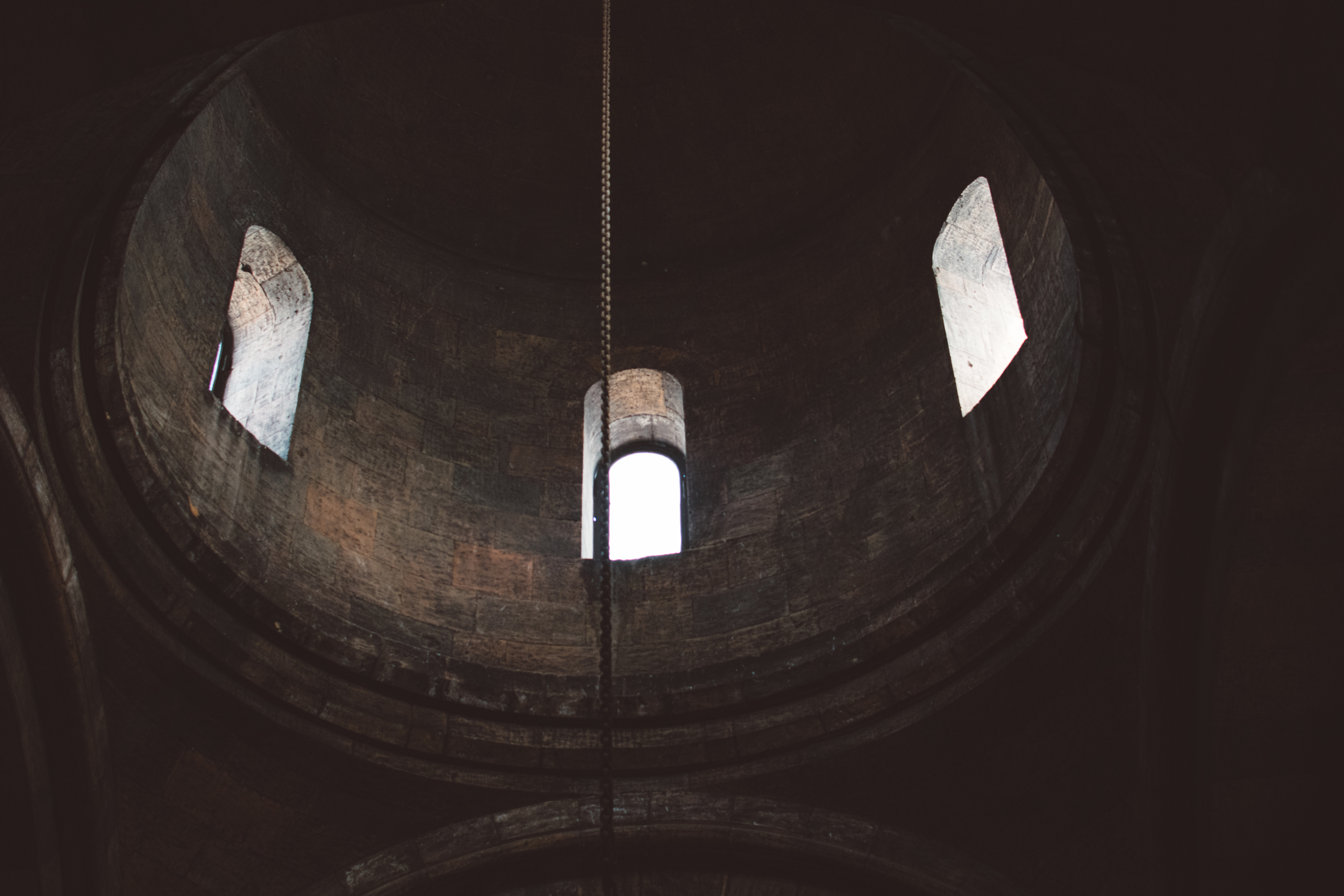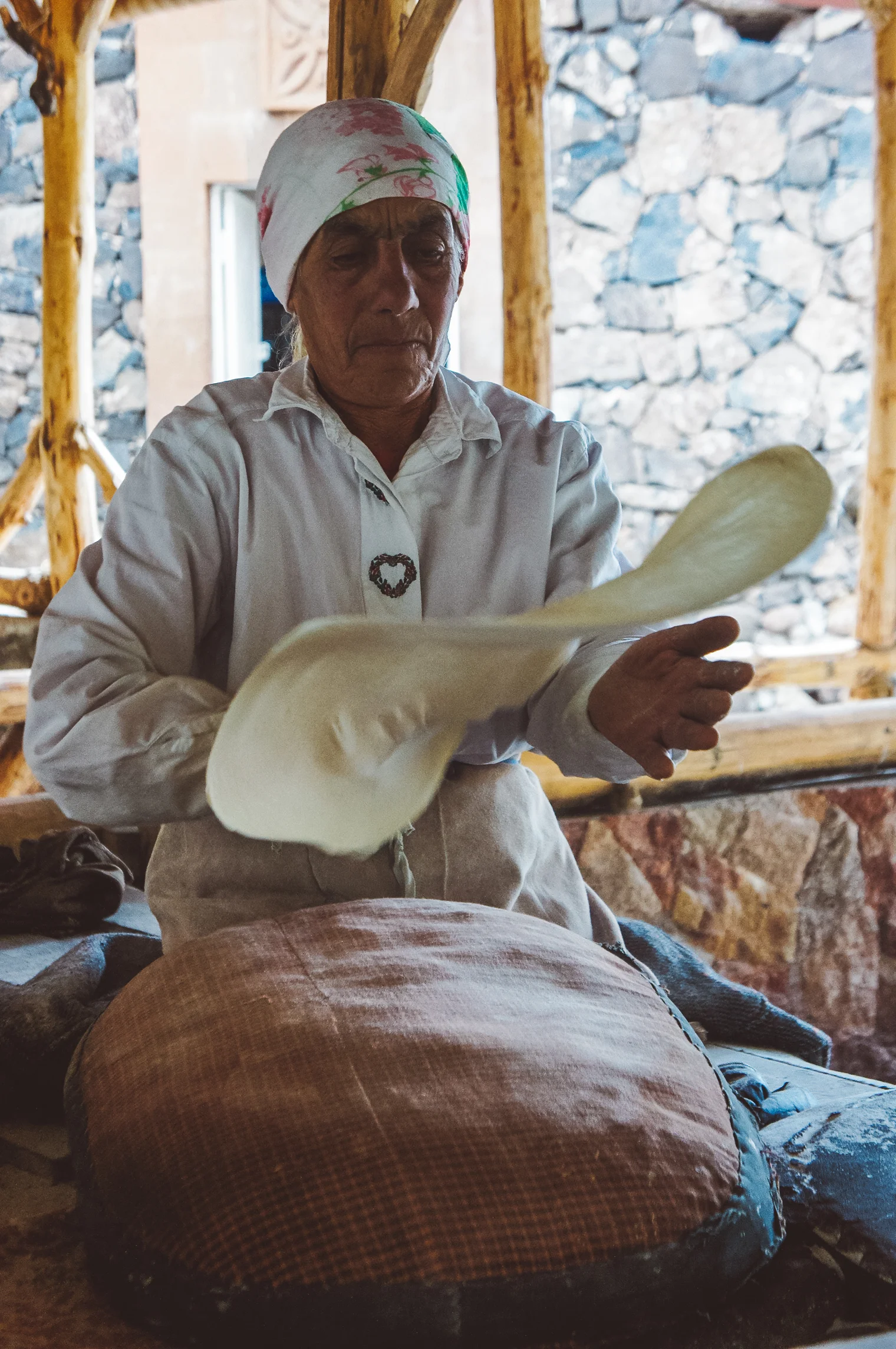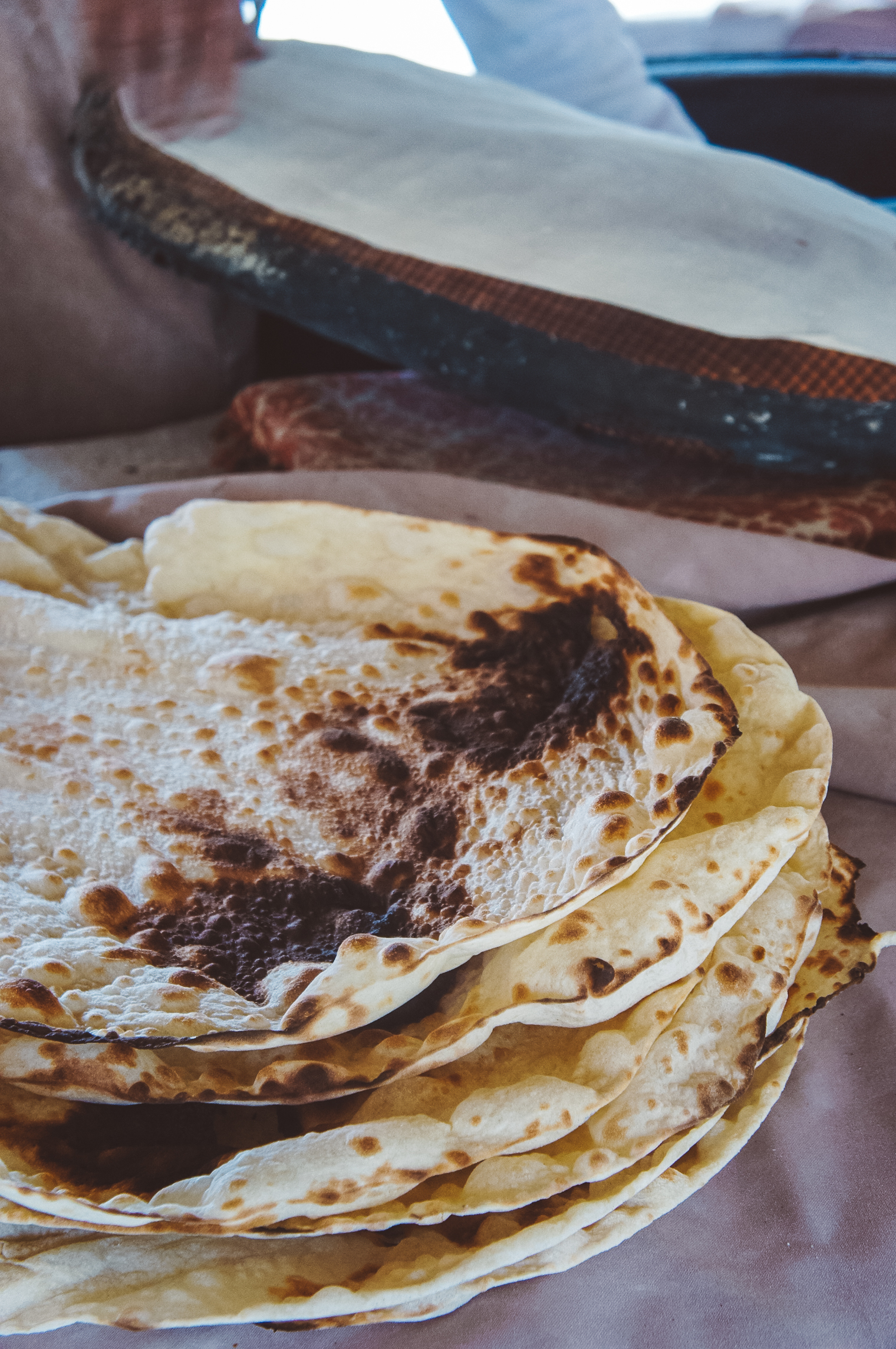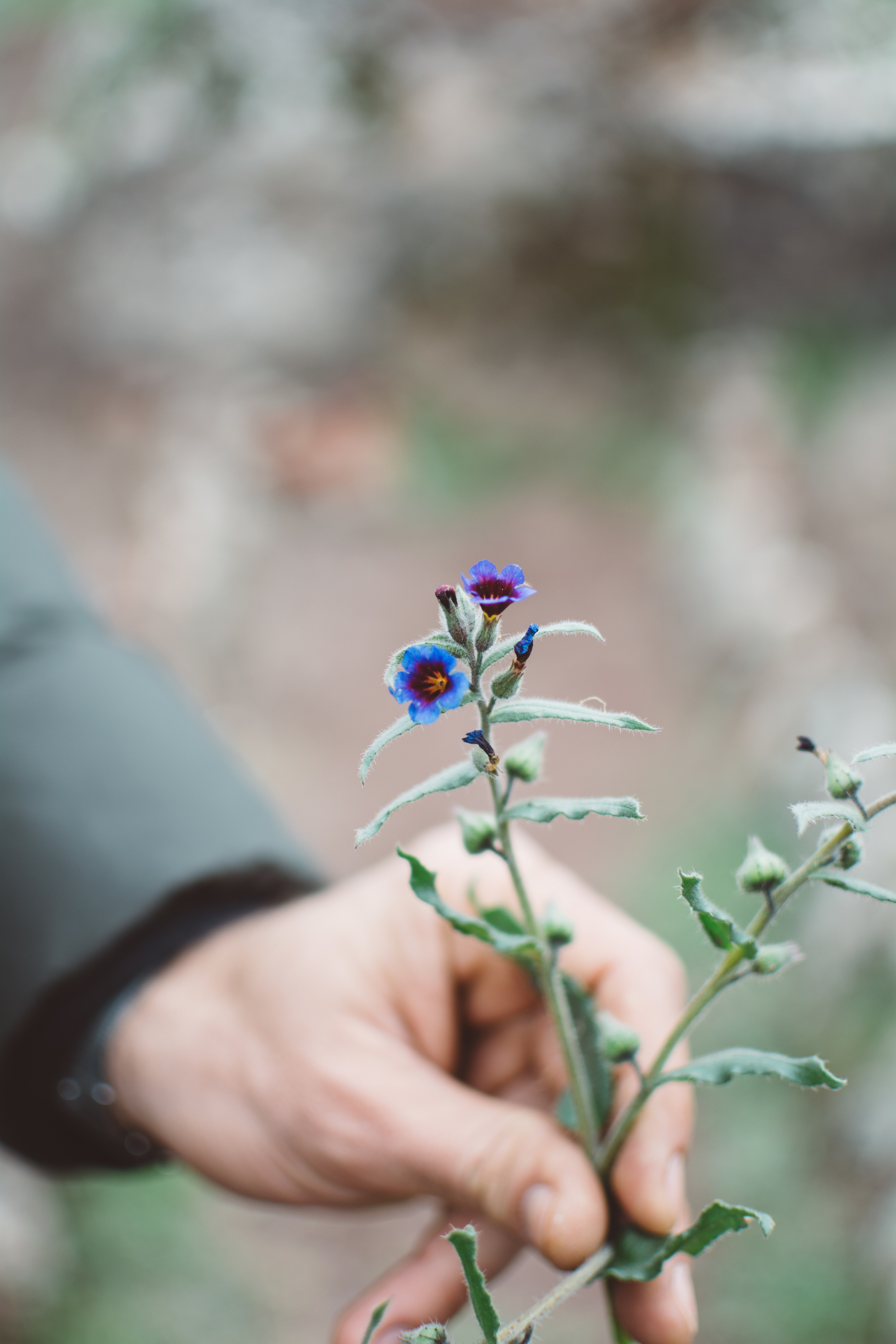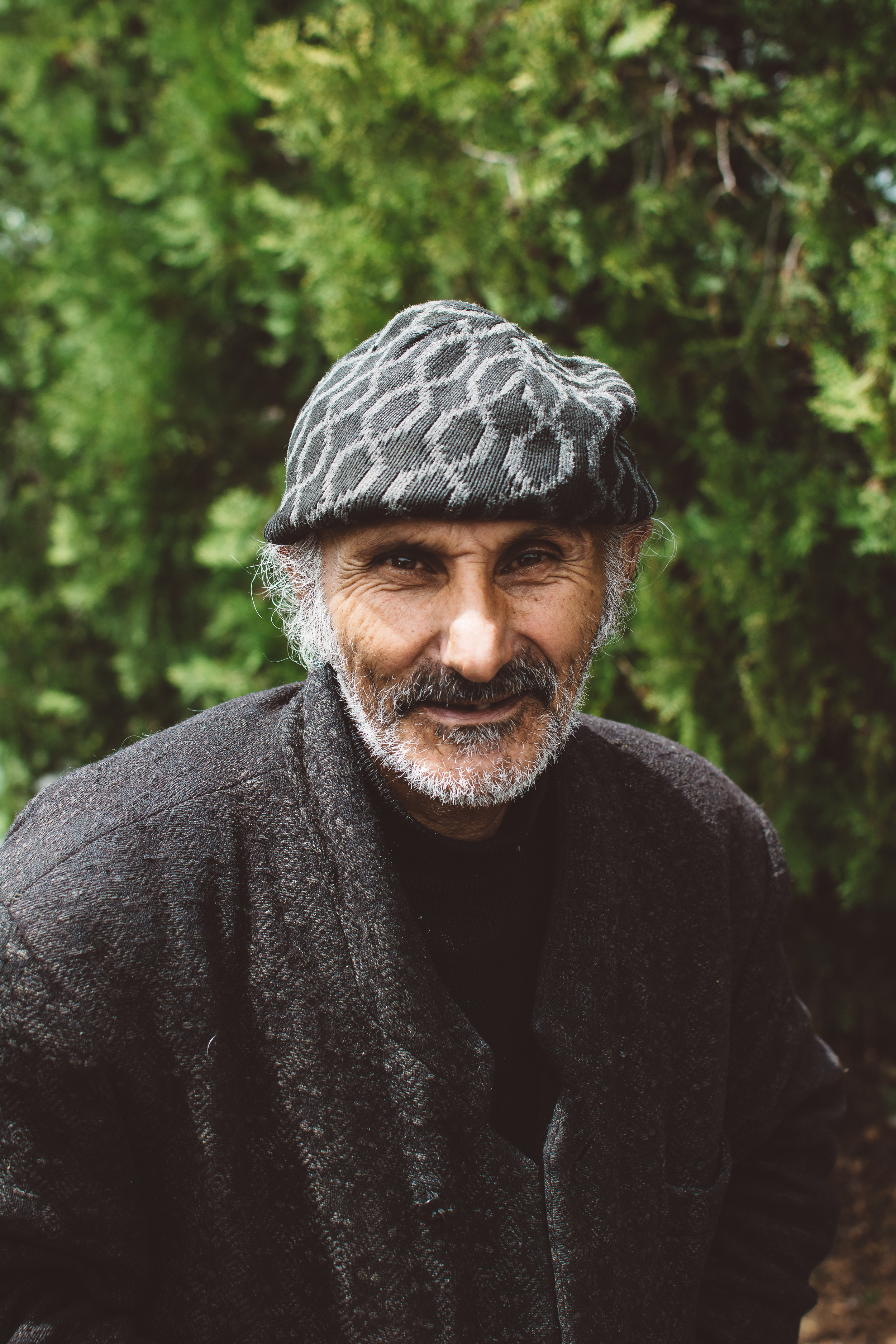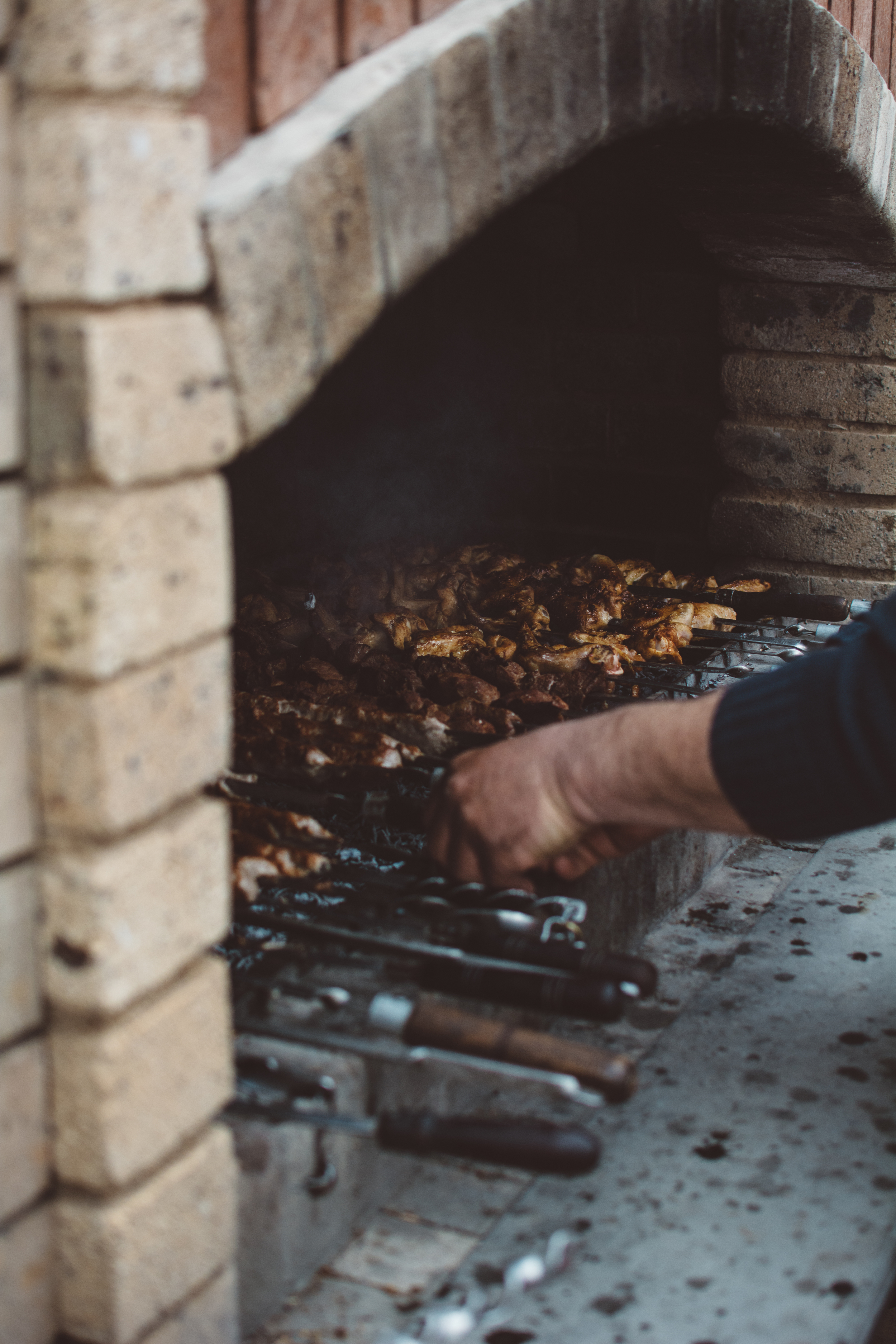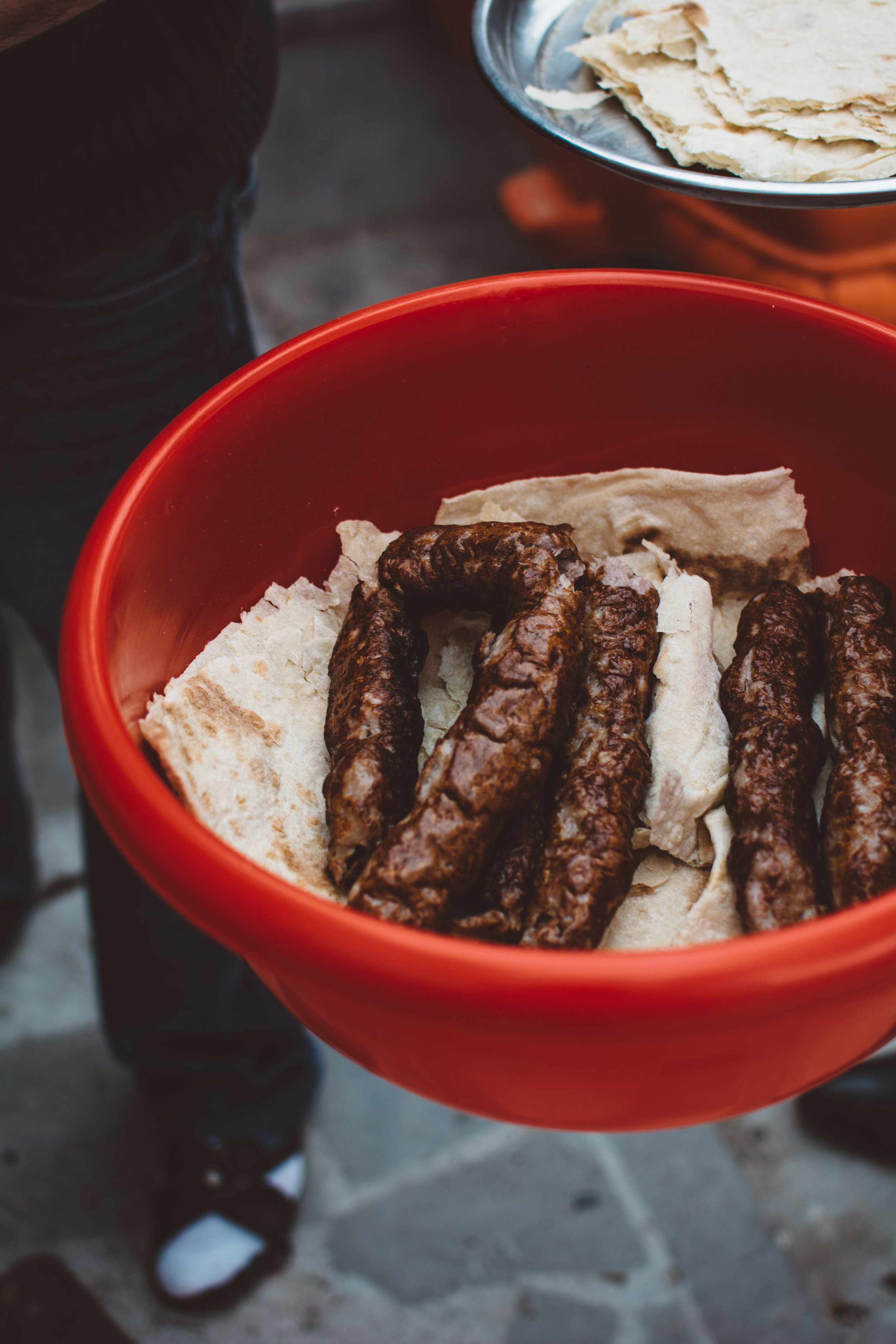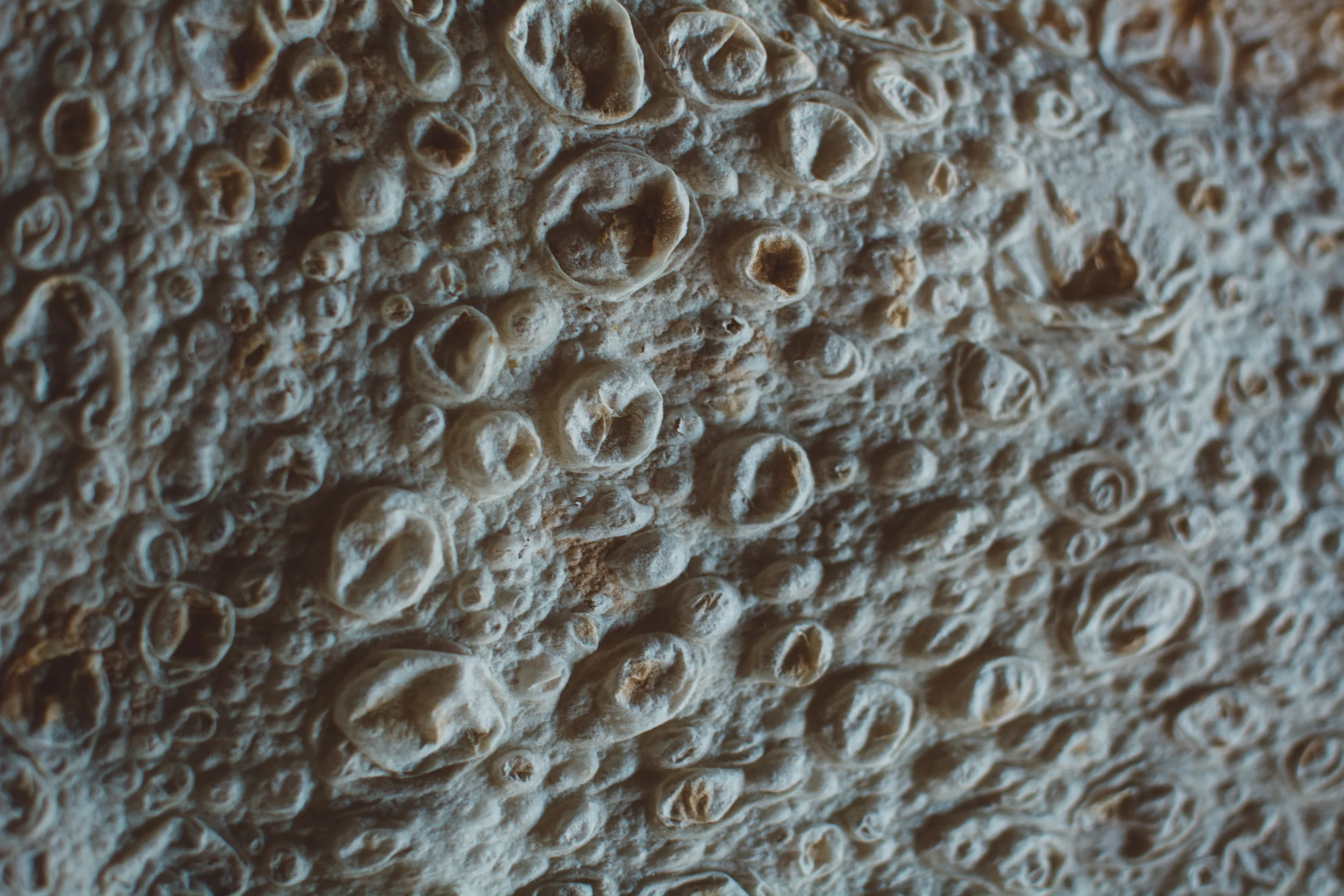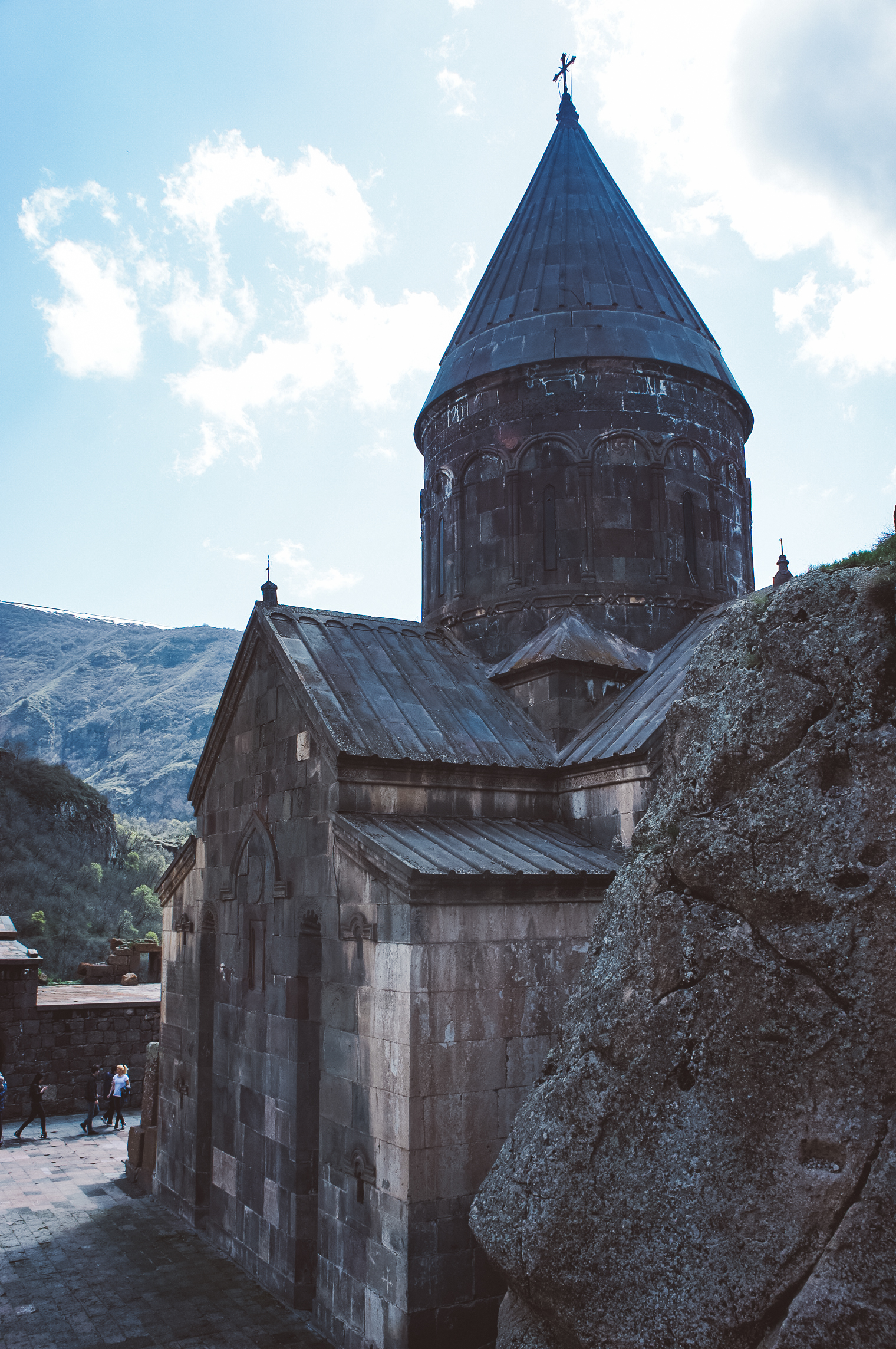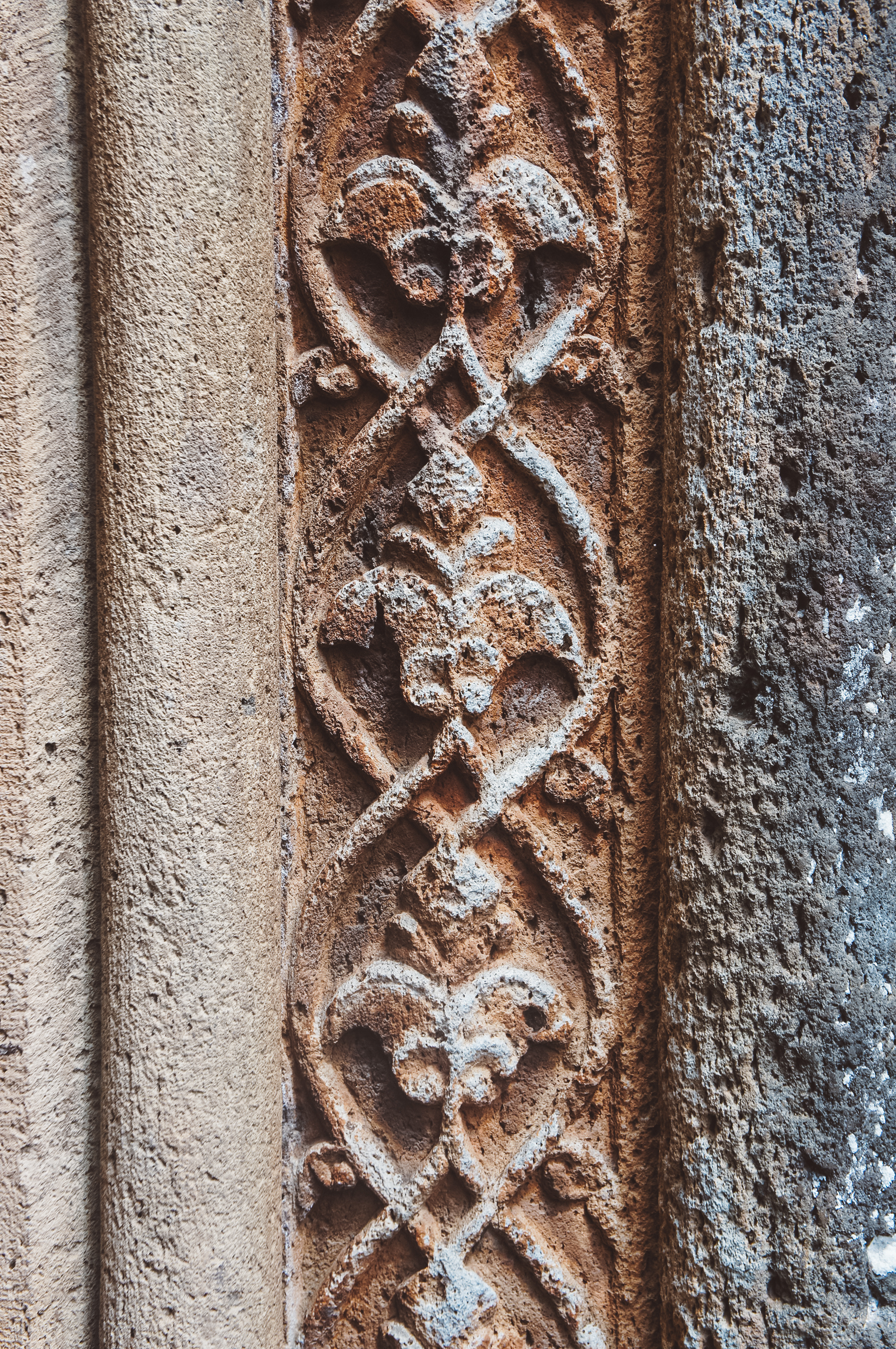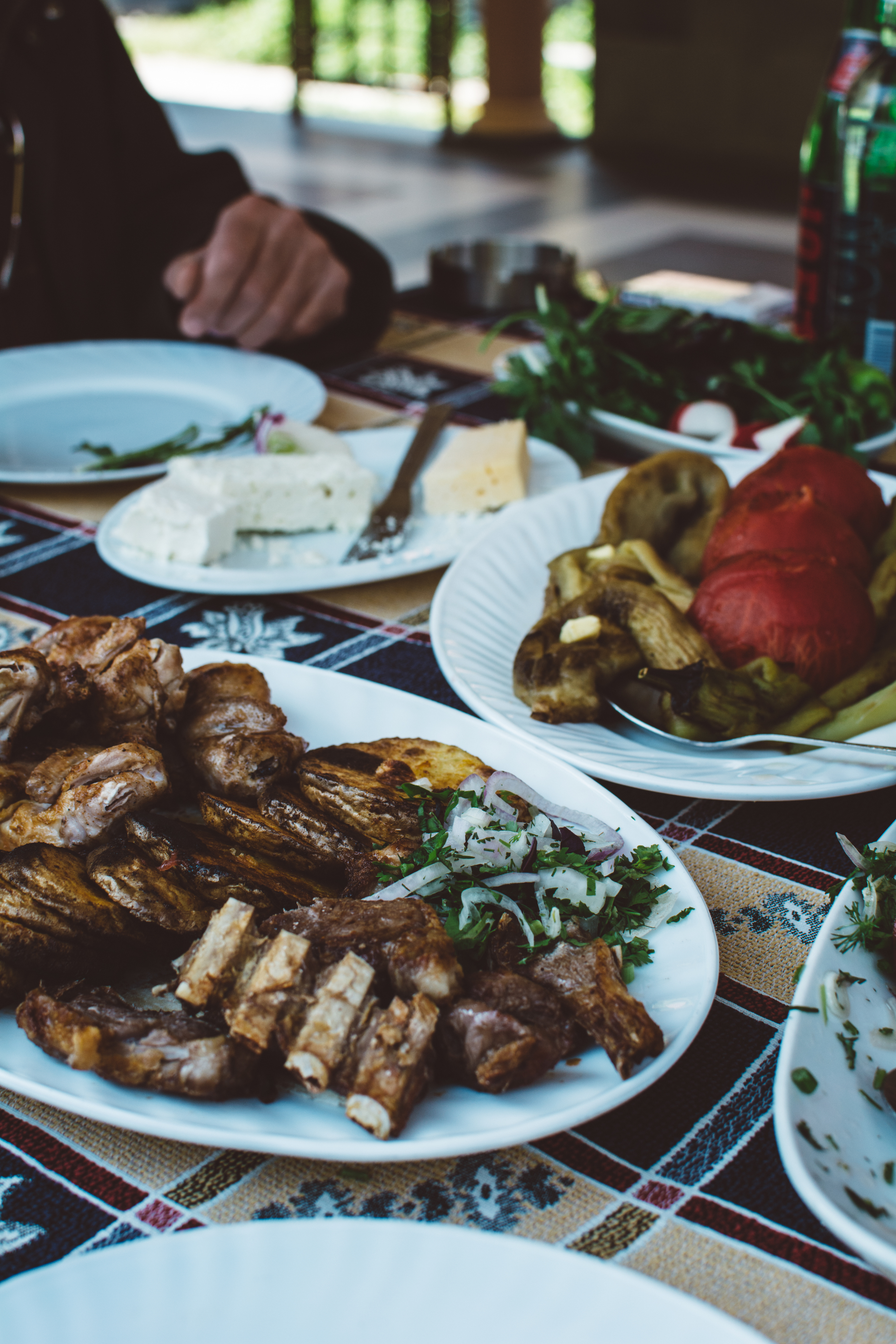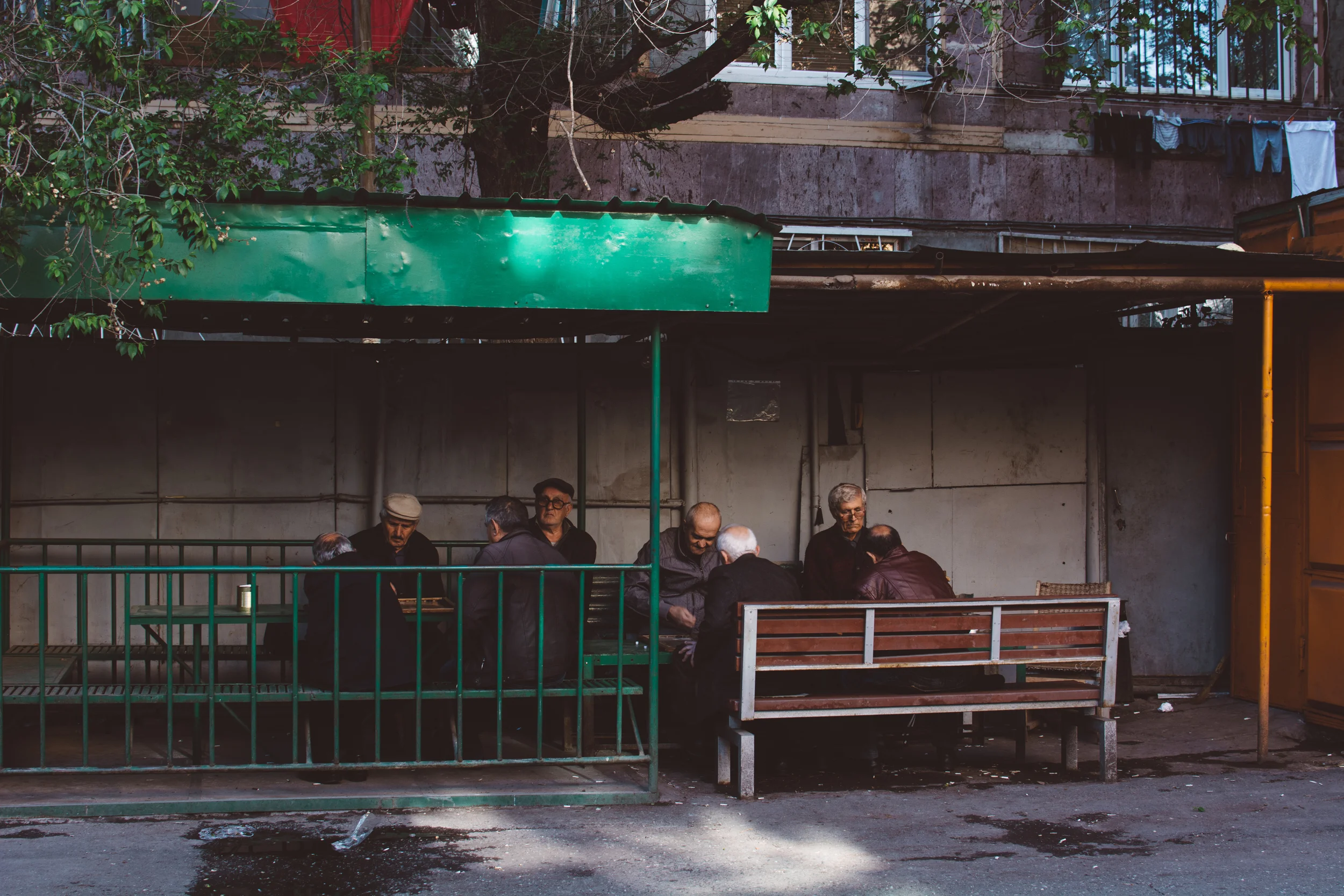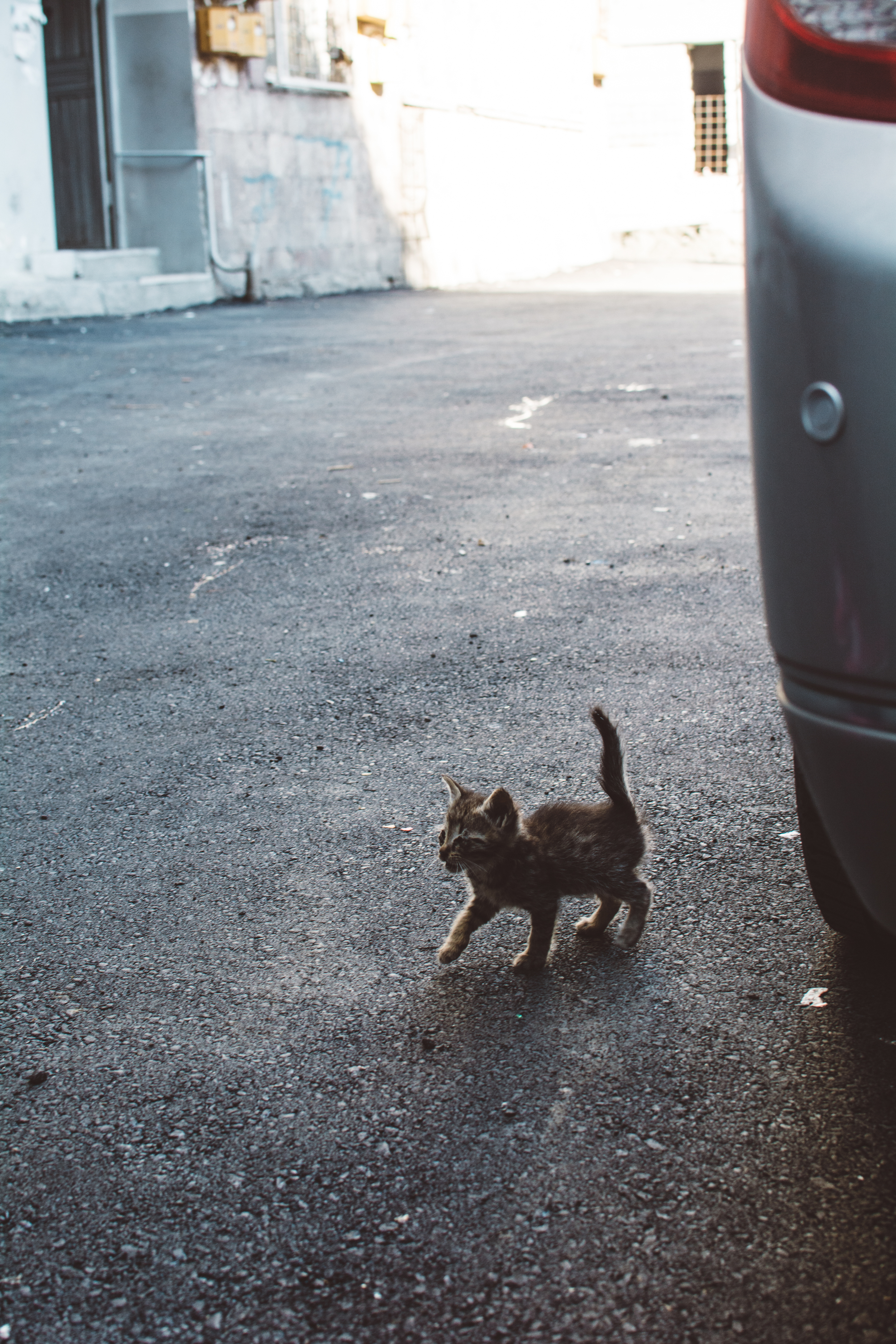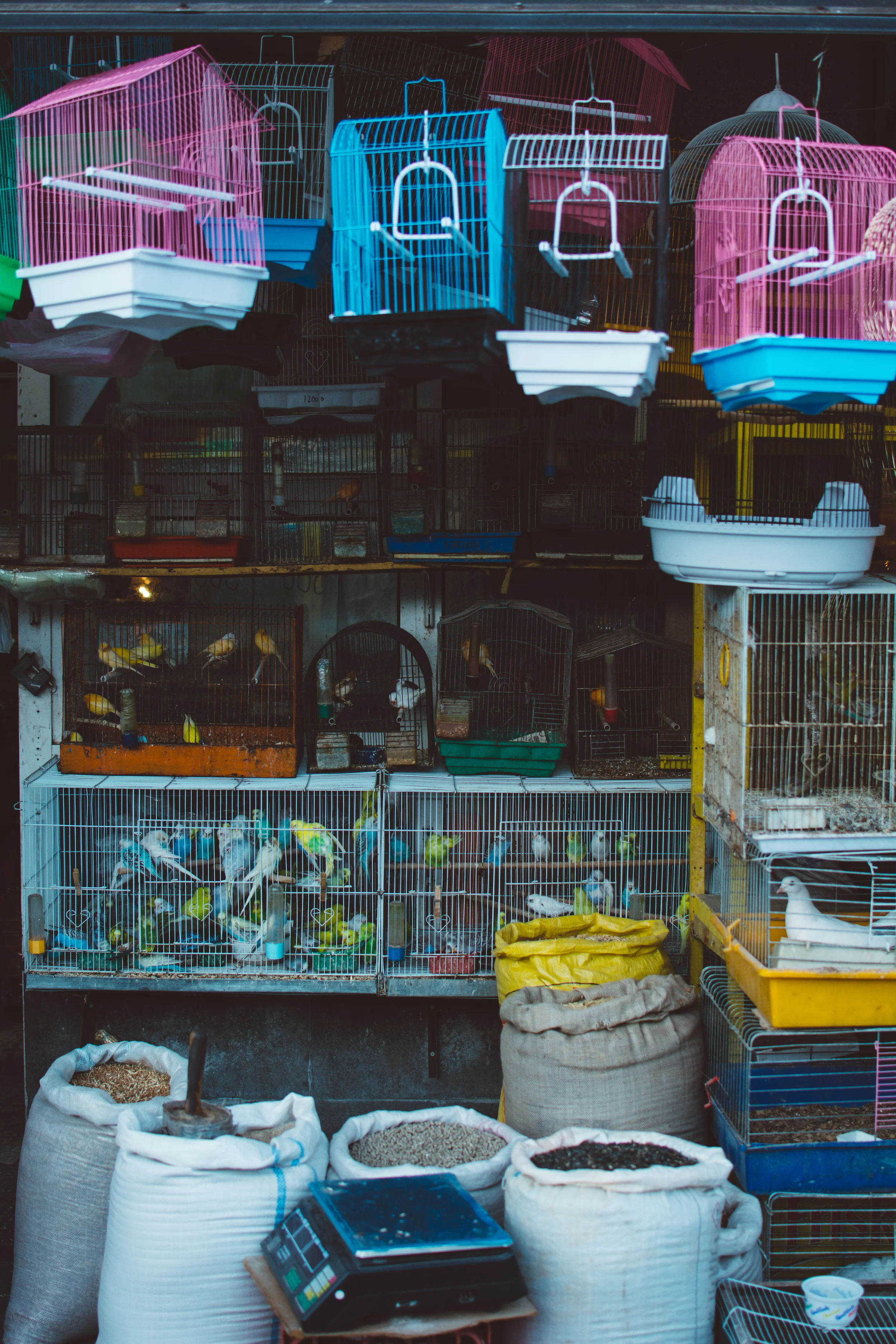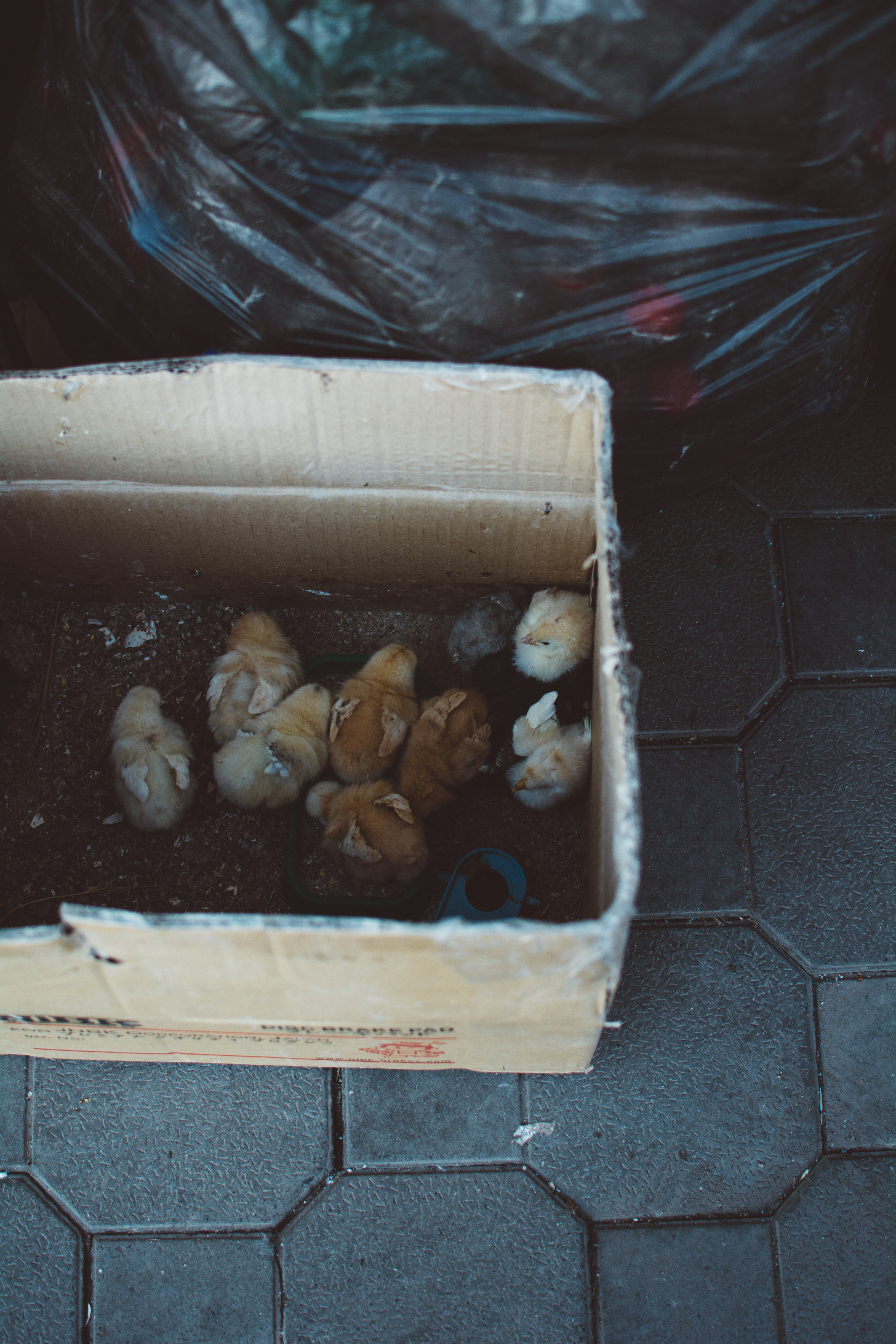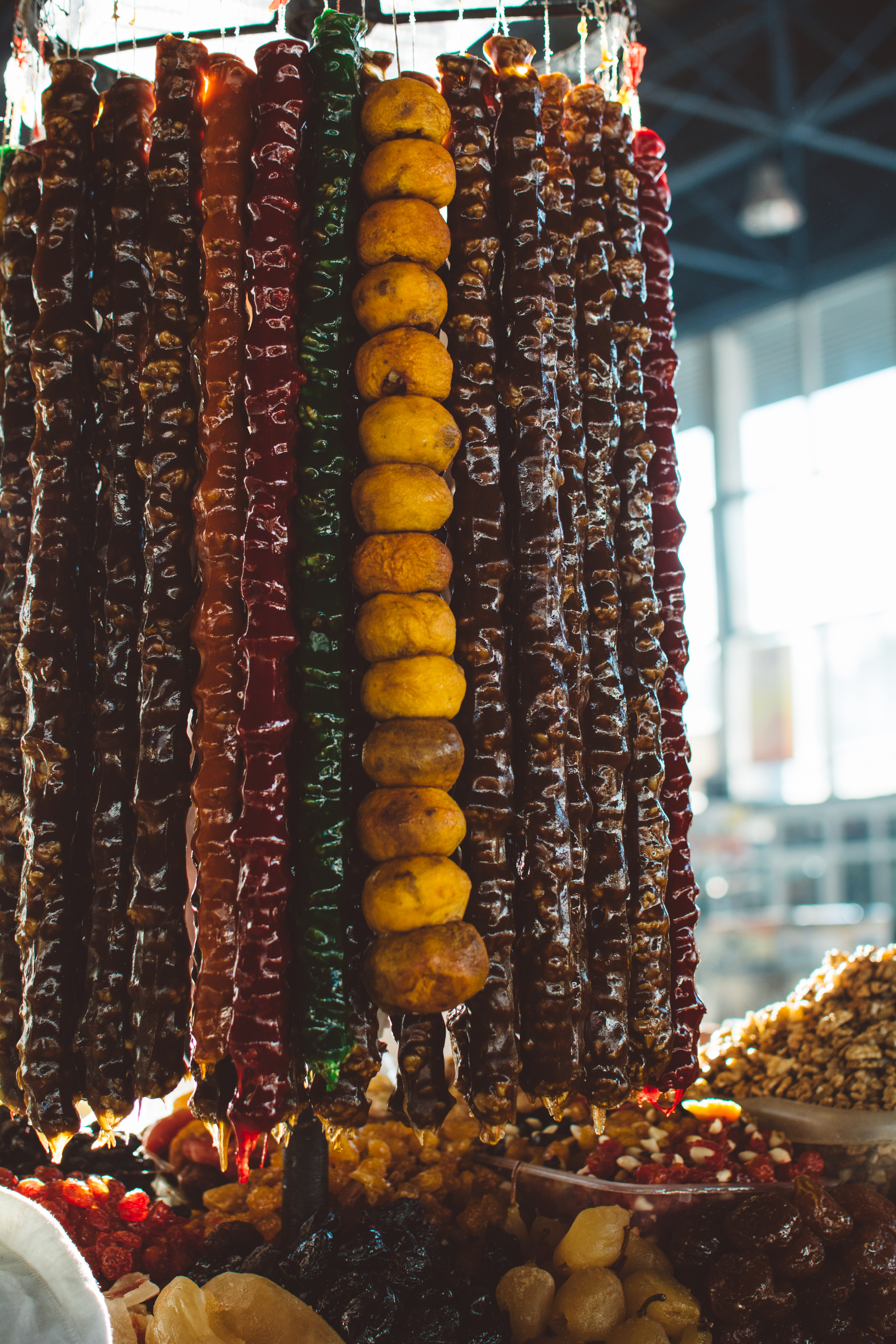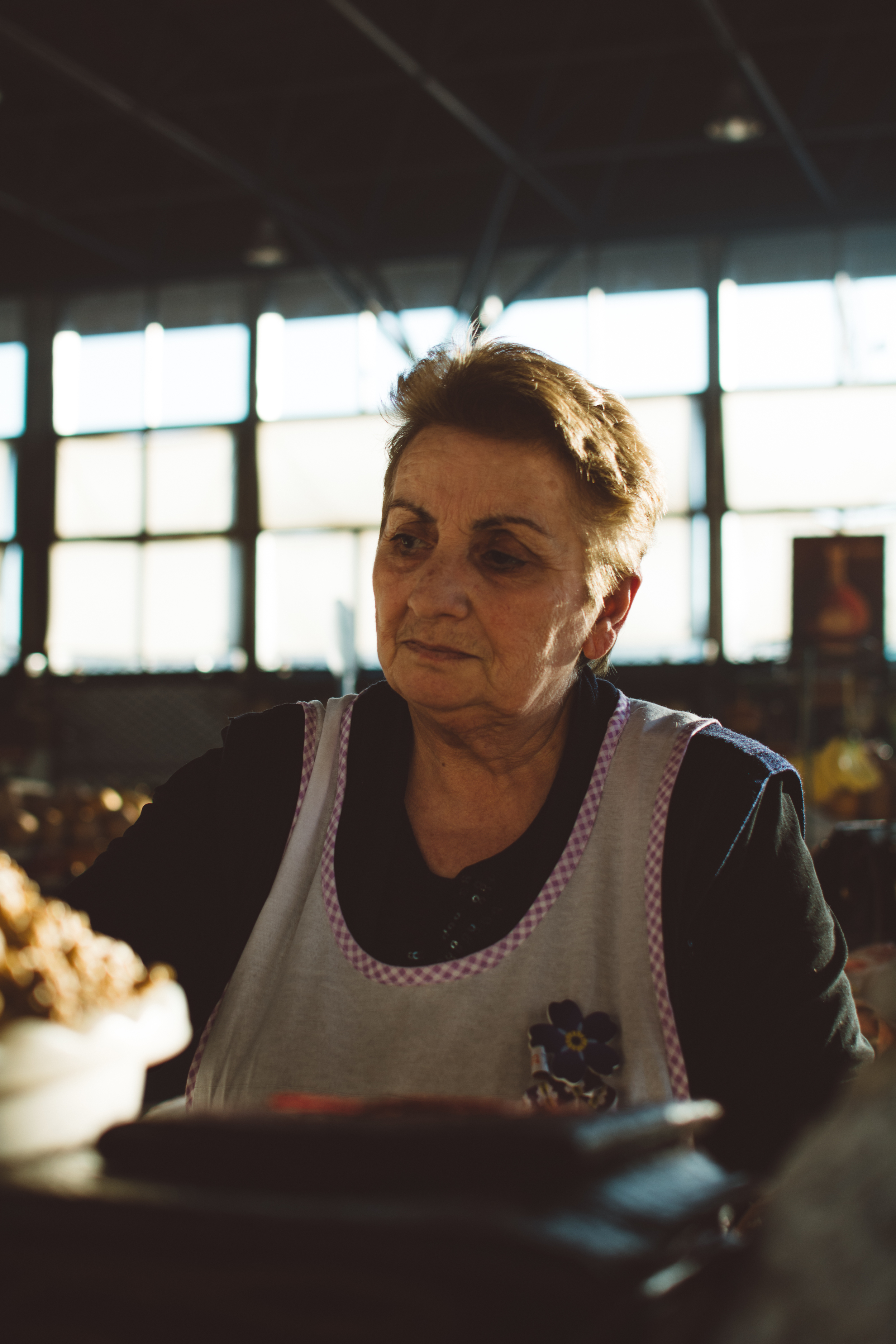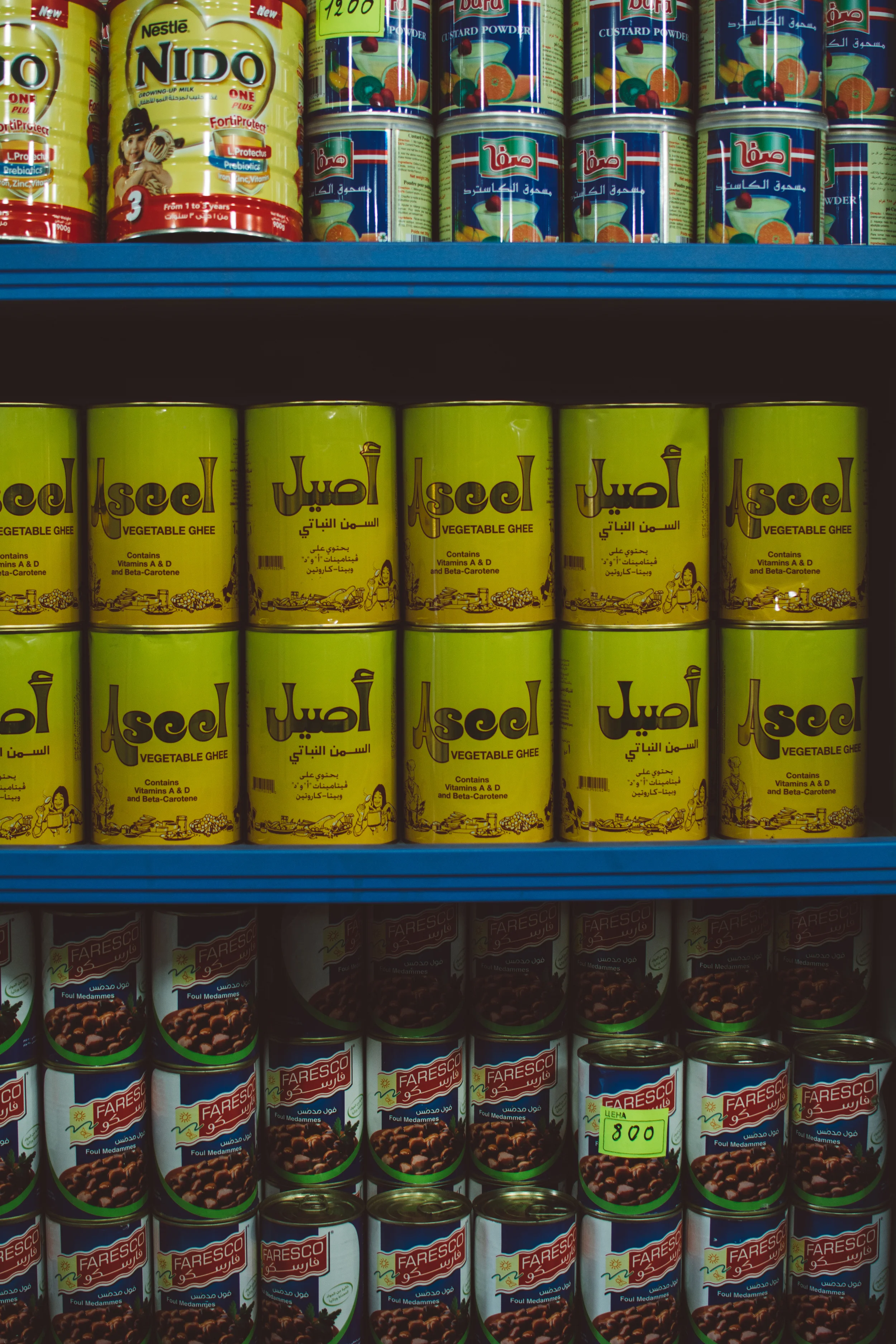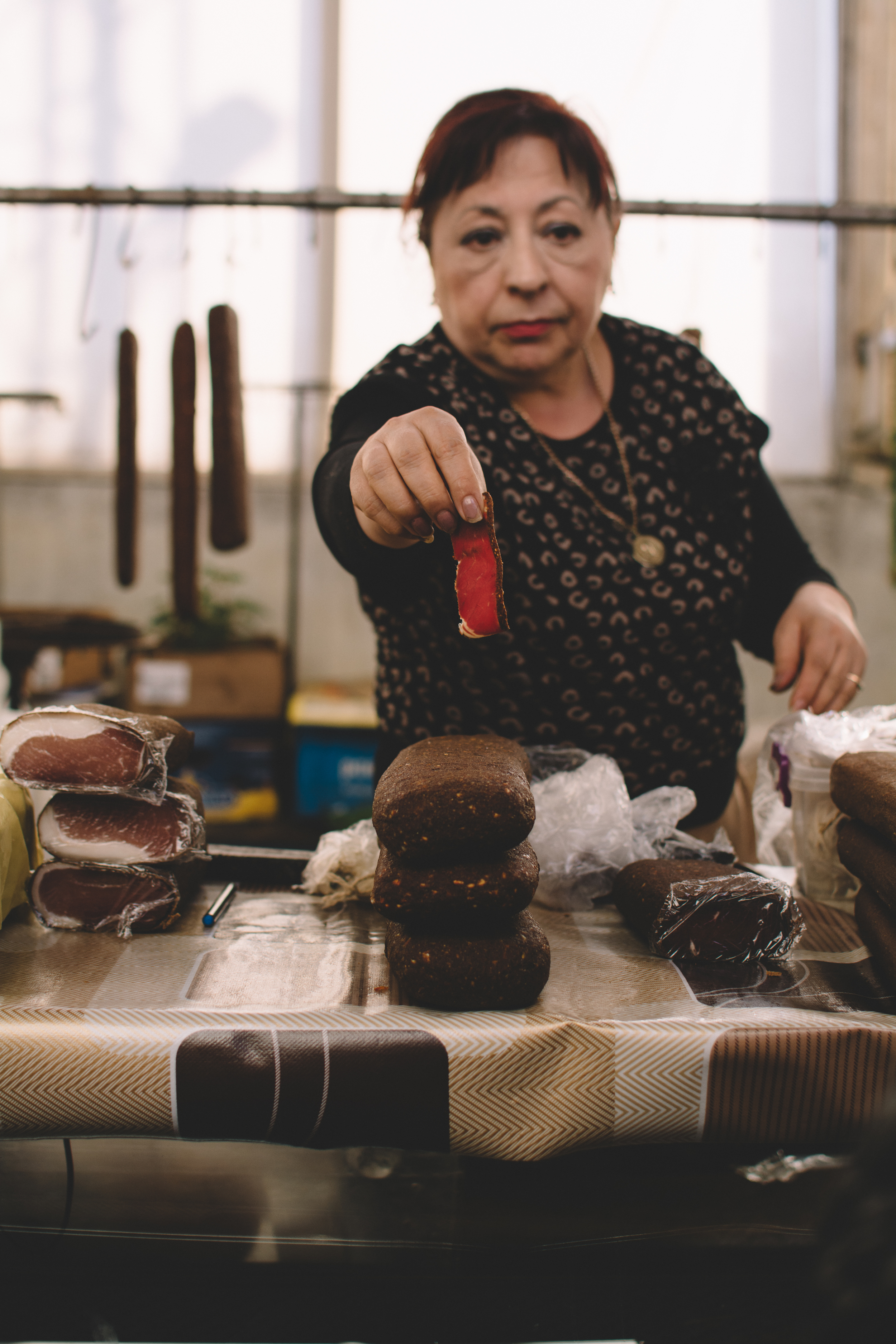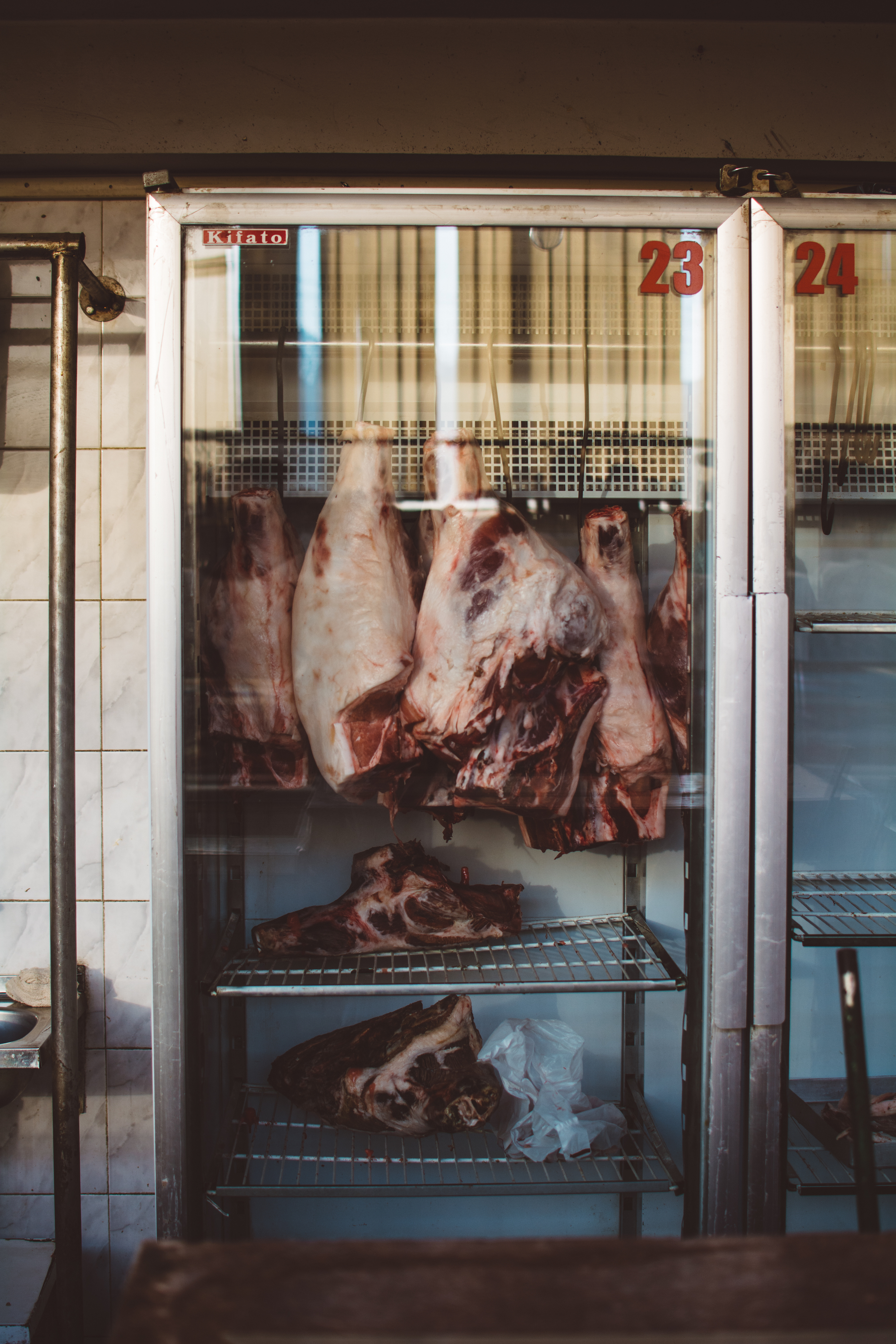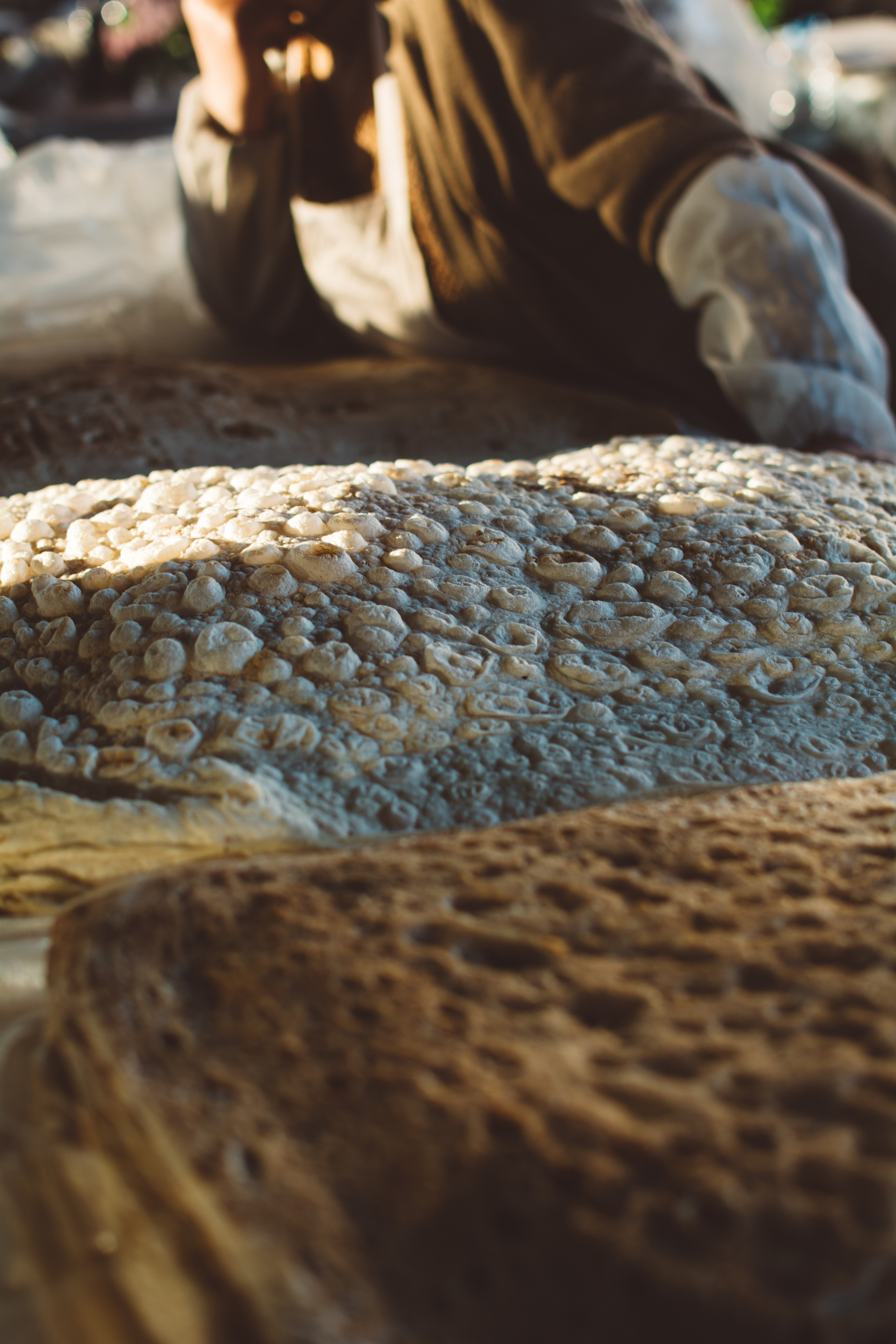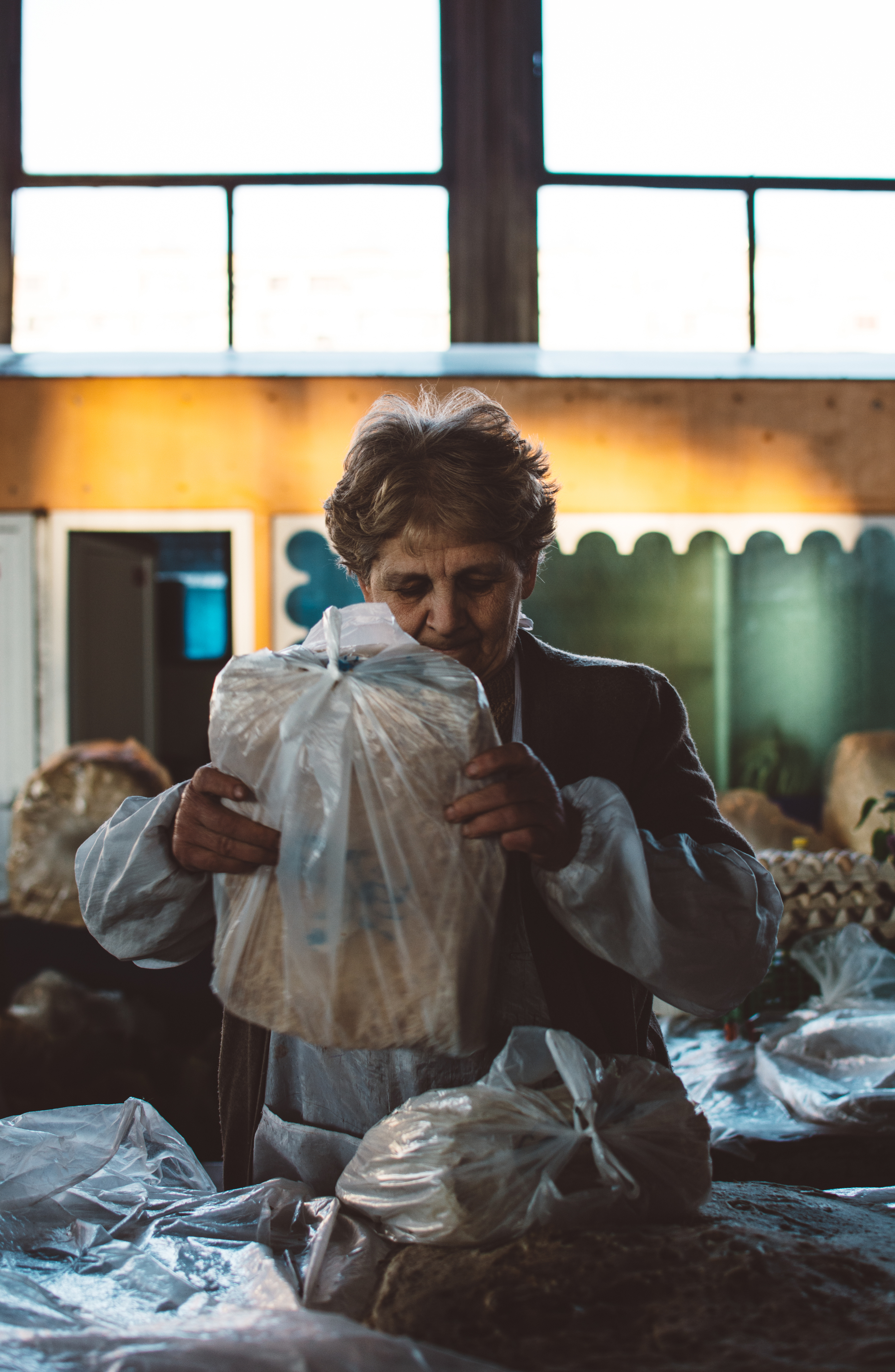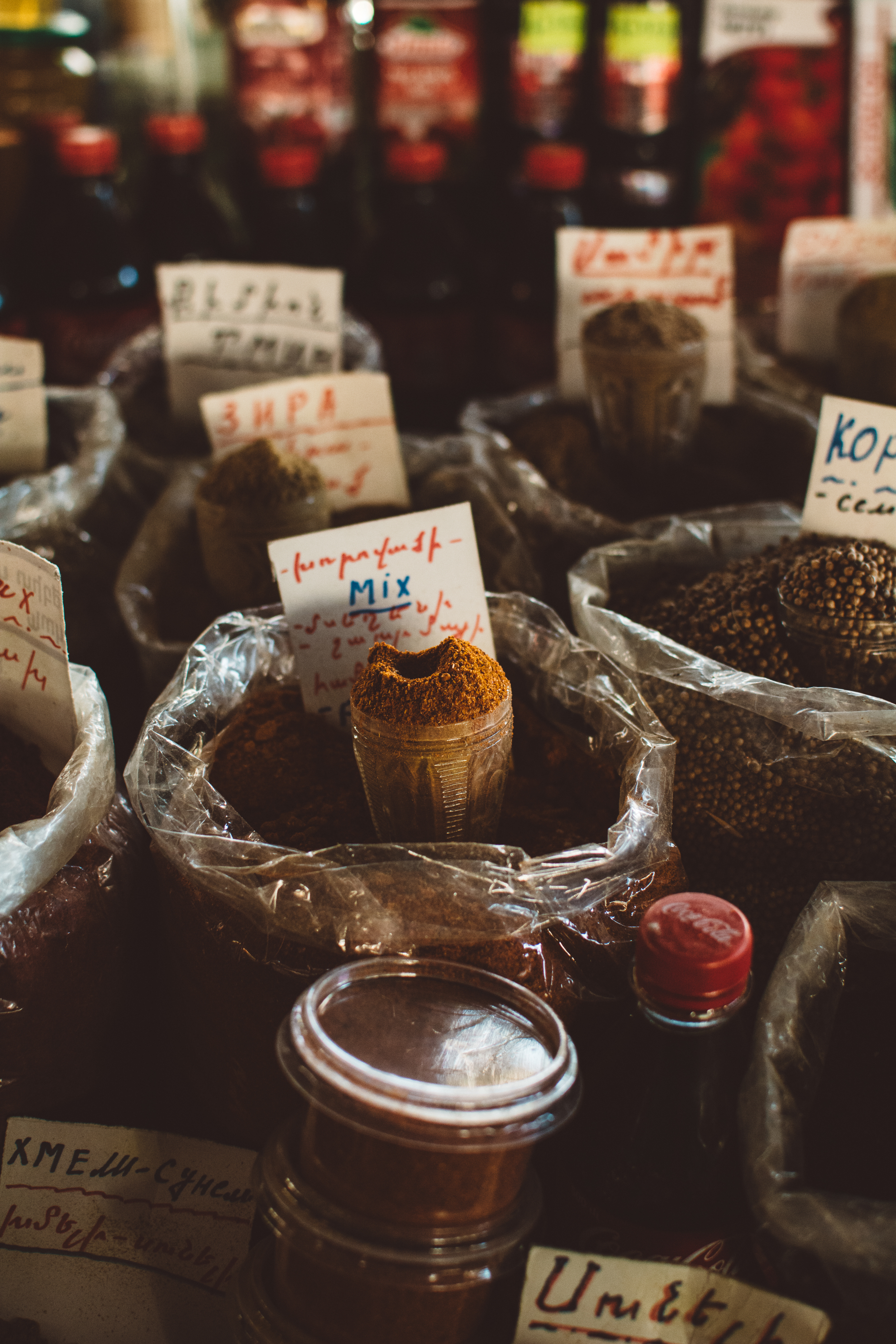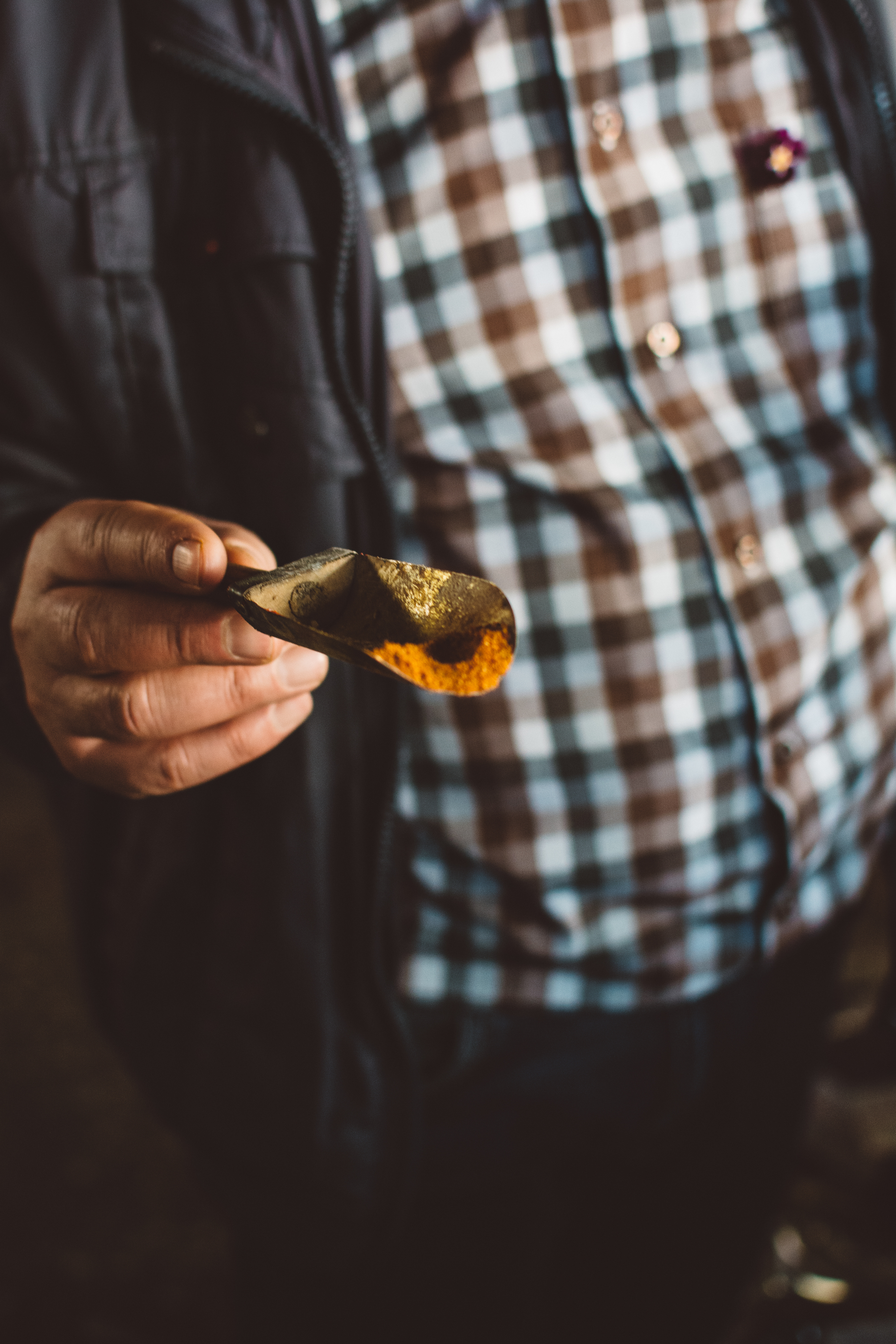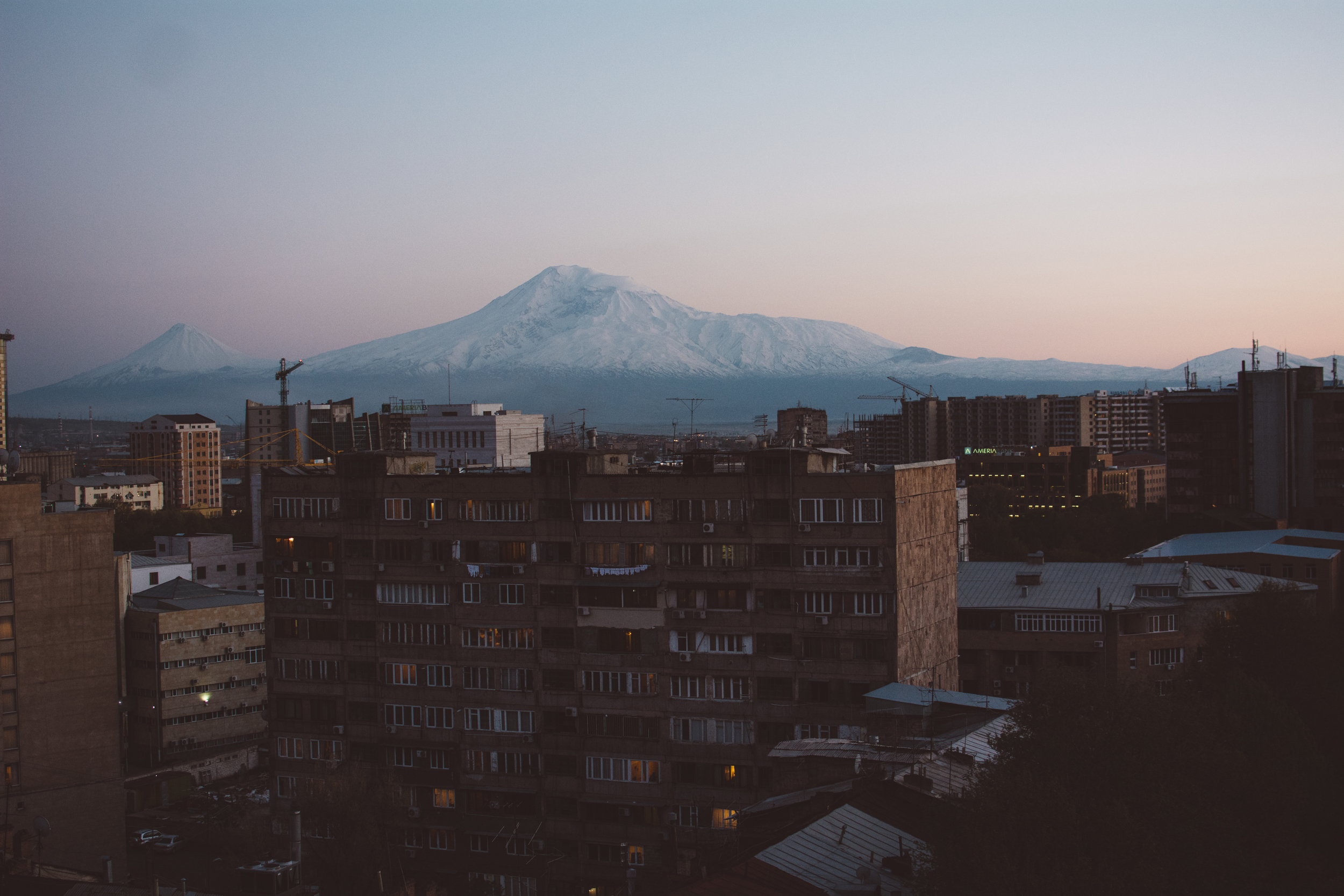The familiar smell of ethanol that I had picked up earlier that day when stopping for gas was at first overwhelming when we entered Yerevan. We were staying almost an hour outside of the capital in Ujan, a village in the province of Aragatsotn, and until this point aside from my travel companions I had enjoyed the solitude of the mountainous landscape. The contrast between the city and all that's outside of it was notable; after the collapse of the Soviet Union vast resources have been poured into building a cosmopolitan city out of Yerevan, and with tree-lined avenues and grandiose buildings like those found in Republic Square, you can see the Parisian streets the city's architects were trying to mirror. It's only when you venture away from the quaint squares and trendy cafés and into the district of Nor Nork, the last remaining Soviet housing projects, that you get a true understanding of how life once was here.
Outside of the capital city improving the standards of infrastructure, health and social care seem to have been overlooked, resulting in around one million Armenians, many of whom are from the poorer regions, leaving for pastures greener - even if that means without legal immigrant status. Our temporary home in Ujan was a world away from Yerevan and its traffic-filled streets.
However, despite the economic disparities Armenia certainly shares one heart. The people who we encountered throughout our travels were full of life and with an incredible sense of generosity and kindness. Food was a central theme: an offering, an act of celebration, moments to break bread and share stories with one another. Traditional sharing plates comprised of khorovats, fresh salads, lavash, dolma, cured meats and pickles, and pouri havov pilaf (roast chicken with rice) adorned tables and would become quickly devoured in between the ongoing clink of glasses filled with local cognac as we'd say cheers for various things - a practice I myself know well from my own Armenian family.
Maybe it was this familiarity, the unexplained understanding of a place where I was a stranger yet connected by history, that made me feel welcome wherever I went. After all this was my ancestral homeland, and even though my family had left 100 years before I could still feel a part of them and their story in this now not so alien land.



